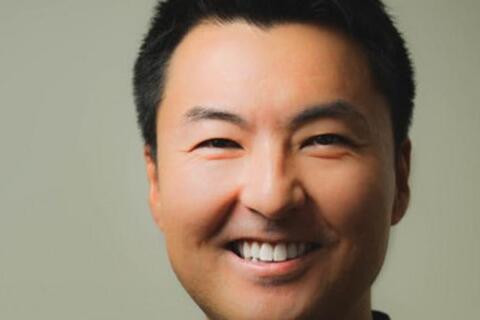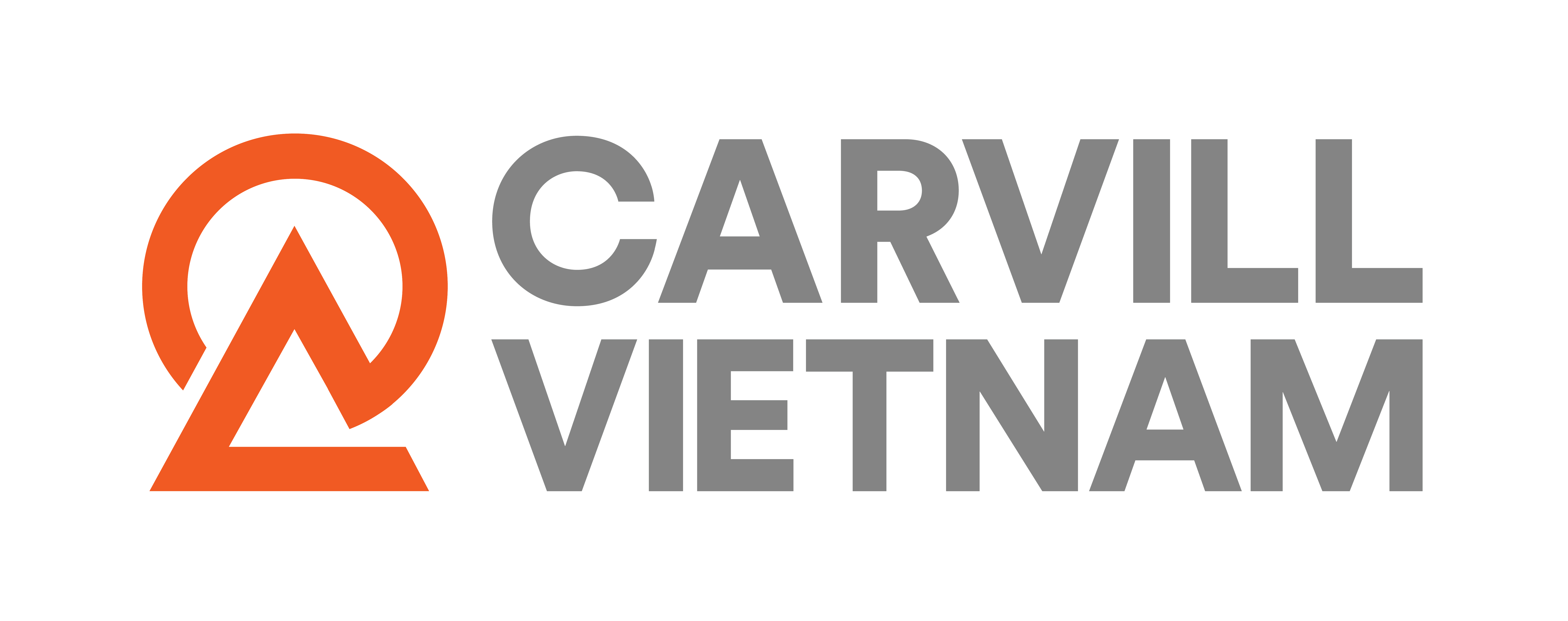Agent Orange victims make efforts to overcome adversity
According to figures, 4.8 million Vietnamese were exposed to Agent Orange, with over three million of them becoming victims.
|
| Officials of Đông Hải District visit an Agent Orange victim in the southern province of Bạc Liêu on Thursday. — VNA/VNS Photo Tuấn Kiệt |
HÀ NỘI — Numerous Agent Orange victims have strived to overcome challenges to pursue education and contribute positively to society, although the quest to alleviate the suffering of these victims remains an enduring one, demanding persistence and collaboration from various stakeholders.
Vương Thị Quyên, a second-generation sufferer of Agent Orange, has faced scoliosis from birth, encountering significant challenges in walking everyday life. Nevertheless, she consistently pushes herself to rise above these obstacles, seeking education and aspiring to make a positive impact on society.
Originally from the coastal central province of Quảng Bình, her father served as a soldier in the anti-American resistance war and was exposed to Agent Orange.
In 2014, Vương was among few Agent Orange victims selected to be awarded a scholarship from the “Searching for young talents” initiative. This programme, a collaboration between the Vietnamese Ministry of Foreign Affairs, India’s Ministry of External Affairs, and the Việt Nam Association for Victims of Agent Orange, marked a significant milestone in her life, she said.
Through her dedication to education, she has overcome feelings of inadequacy and now confidently engages with society, she expressed.
Upon her return to Việt Nam from India, she opted to teach computing at the Việt Nam Social Protection Centre for Agent Orange (AO)/dioxin victims, with an aspiration to impart her knowledge and enthusiasm to fellow victims, she said.
Under her guidance, numerous victims have established photocopy businesses to support themselves financially, she noted.
Crucially, her students have bolstered their self-worth, triumphed over challenges, and are now making valuable contributions to society, she emphasised.
“I chose to light a candle instead of just sitting in the dark,” she said.
“I thought if I do not stop, it doesn't matter how quickly or slowly I progress. I have enough strength to overcome all difficulties and inspire other victims,” she said.
Similarly to Quyên, Đinh Đức Thiệp from Hà Nội is another victim of Agent Orange.
He has congenital cataracts, a result of the aftermath of Agent Orange, which have impaired his vision.
At 22, after consulting with a doctor who confirmed that he was affected by Agent Orange, Thiệp joined the association.
His father served in the southern battlefield during the most intense periods of the anti-American resistance war.
Thiệp acknowledged that being visually impaired posed numerous challenges in both his daily life and academic pursuits.
Nevertheless, he remains proactive, attending life-skill classes and partaking in activities to better assimilate into society.
Impressively, he graduated with distinction from the Social Work Major at the University of Social Sciences and Humanities under the Việt Nam National University, Hà Nội (VNU).
Throughout his academic journey, Thiệp was actively involved in various social and volunteer events, establishing himself as a prominent figure within his institution. For his efforts, he was awarded the "Student of 5 Good Achievement" accolade at the city level for the academic year 2018-19.
He shared that his involvement in social endeavours introduced him to many individuals facing even greater hardships than his own. This exposure ignited in him a stronger desire to assist the more vulnerable and fellow Agent Orange victims, he expressed.
Long journey ahead
According to figures, 4.8 million Vietnamese were exposed to Agent Orange, with over three million of them becoming victims.
Hundreds of thousands have passed away, while a similar number grapple with severe ailments.
Studies from both Việt Nam and around the globe indicate that Agent Orange/dioxin has the potential to inflict varied and multifaceted harm to the entire human body. This includes inducing skin cancer, skin ailments, and damage to the liver, thyroid, and diabetes. It also adversely impacts the respiratory, circulatory, digestive, endocrine, and nervous systems; instigating gene and chromosome mutations, congenital disabilities, and reproductive issues.
Significantly, the effects of Agent Orange can be passed down through multiple generations. In Việt Nam, its repercussions have been observed up to the fourth generation.
Partial figures suggest that the country has over 75,000 second-generation victims; more than 35,000 third-generation victims, and upwards of 2,000 fourth-generation victims, all stemming from the exposure of the first generation to Agent Orange.
The majority of Agent Orange victims continue to face challenges in both material and spiritual aspects of life. In response, the State allocates over VNĐ10 trillion (US$420 million) annually from its budget to provide monthly allowances, medical care, and rehabilitation for these victims. This funding also assists areas heavily impacted by Agent Orange, all in an effort to alleviate the suffering of the victims and their families.
The State has further instituted various guidelines and policies to honour those who rendered meritorious services to the revolution. This includes soldiers whose offspring have been affected by these toxic chemicals.
For the past two decades, the Việt Nam Association for Victims of Agent Orange has raised more than VNĐ3 trillion to cater to the needs of these victims and their families.
Despite the socio-economic challenges faced this year, the Việt Nam Fund for Victims of Agent Orange has managed to gather a sum of VNĐ320 billion ($13.4 million) to aid victims and their families in housing, livelihood enhancement, and in motivating them to tackle hardships.
Nevertheless, the road ahead is perceived to be long and fraught with challenges.
Lieutenant General Đặng Nam Điền, deputy chairman and general secretary of the Việt Nam Association for Victims of Agent Orange, highlighted that the primary challenge faced by Agent Orange victims today is medical assistance. This includes providing care and support for victims both at their homes and within social protection centres and wider communities.
He emphasised that many descendants of the victims, including their children and grandchildren, are grappling with severe illnesses. The impending concern is the lack of support these younger generations will face once their parents are no longer around.
Hence, he underscored the importance of long-term planning, advocating for clear and cohesive policies from the central government down to local levels to ensure these individuals are cared for after the demise of their parents.
Lieutenant General Điền expressed the hope that various organisations, individuals, and benefactors would offer aid, ensuring stable employment opportunities for the victims so they can be self-reliant.
He shared the association's future plans, which include urging the State to focus on developing policies specifically for third-generation Agent Orange victims. In the immediate term, the State has been petitioned to provide support for this third generation.
While the anti-American resistance war might be a distant memory, Lieutenant General Điền poignantly remarked that the "fire of war" continues to burn within the Agent Orange victims, evident in their very bodies and skin.
Supporting the victims of Agent Orange isn't solely a charitable act, he stressed. It is a tangible way of expressing gratitude to those who made significant contributions to the nation. Moreover, it embodies the collective conscience and responsibility of every Vietnamese citizen. The whole of society, he believes, must come together to assist these victims. — VNS
Source:https://vietnamnews.vn/society/1582346/agent-orange-victims-make-efforts-to-overcome-adversity.html




 Print the article
Print the article



